
Copernical Team
Earth from Space: New Zealand’s North Island
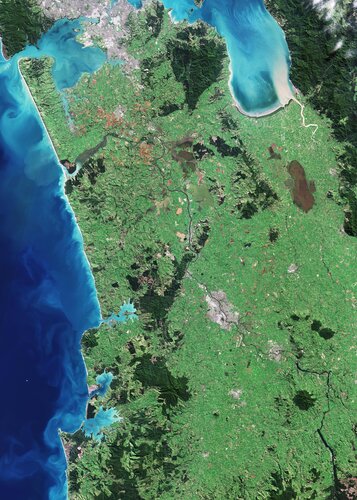 Image:
Captured on 7 May 2024, this Copernicus Sentinel-2 image shows part of New Zealand’s North Island.
Image:
Captured on 7 May 2024, this Copernicus Sentinel-2 image shows part of New Zealand’s North Island. Electromagnetic Levitator turns ten
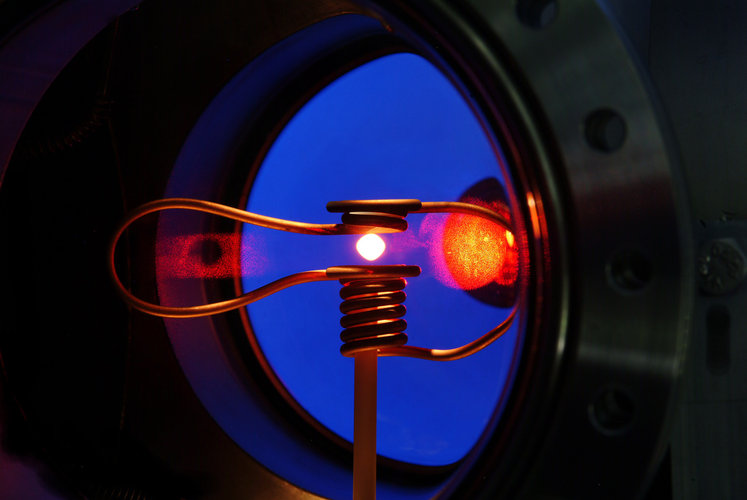
This summer marks the ten-year anniversary of the electromagnetic levitation facility on the International Space Station.
The May 2024 solar storm: your questions answered
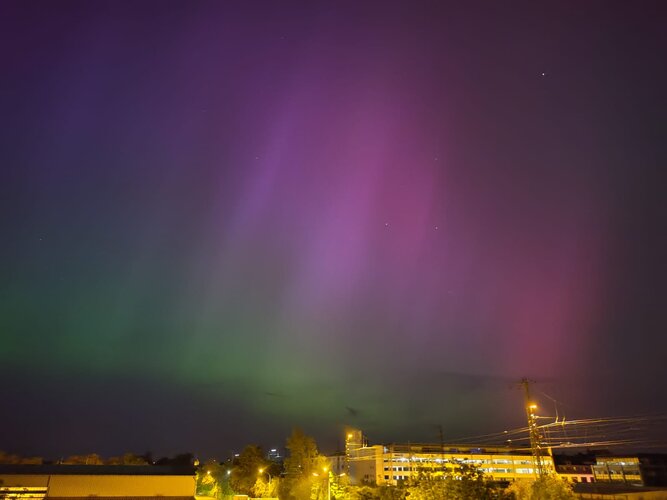
EarthCARE mission kit
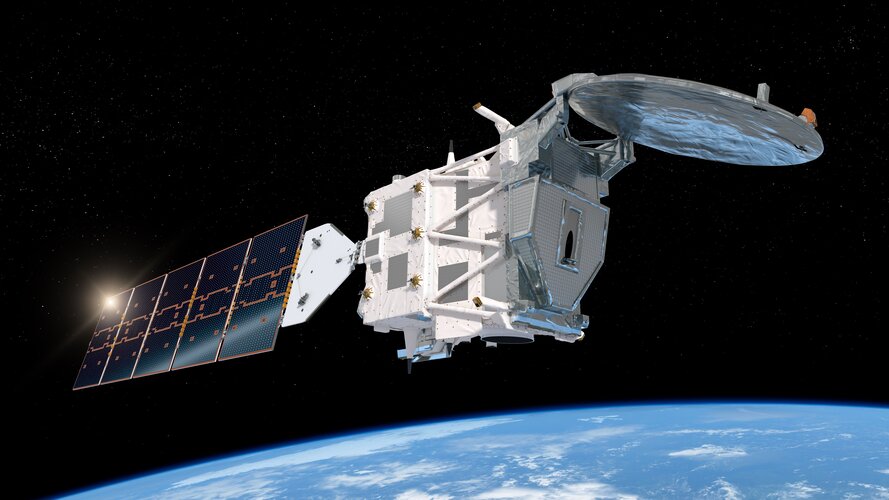
Explore this mission kit to learn more about EarthCARE – ESA’s new mission that will shed new light on the role that clouds and aerosols play in regulating Earth’s climate.
Andreas's space for Earth
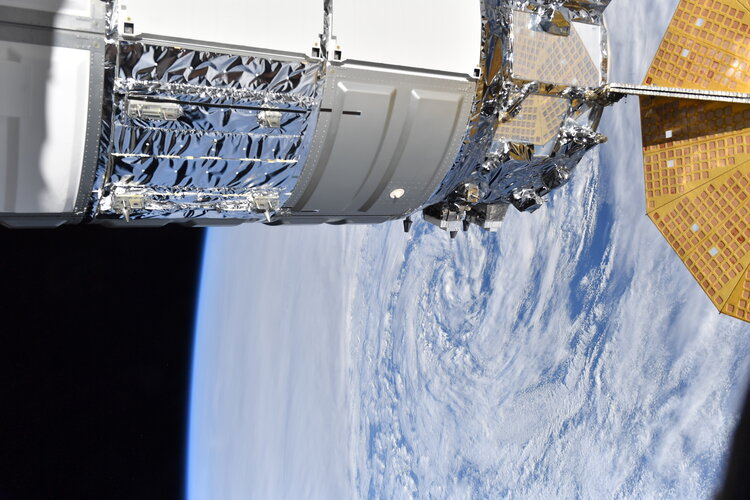
Andreas Mogensen’s Huginn mission had a number of experiments about space for Earth, which were designed to investigate technologies that could one day benefit us on Earth.
ESA and NASA join forces to land Europe’s rover on Mars
Press Release N° 24–2024
ESA and NASA are consolidating their cooperation on the ExoMars Rosalind Franklin mission with an agreement that ensures important US contributions, such as the launch service, elements of the propulsion system needed for landing on Mars and heater units for the Rosalind Franklin rover.
Your guide to the reveal of five new Euclid images
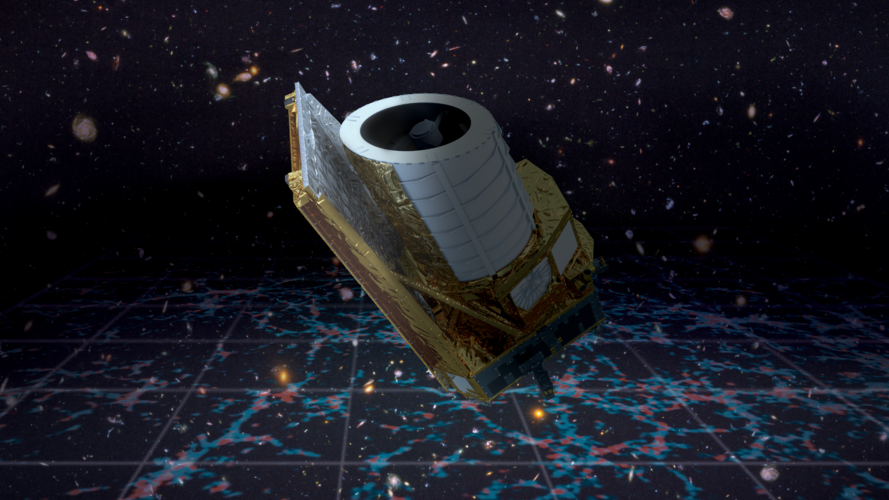
ESA is releasing a new set of full-colour images captured by the space telescope Euclid. Follow a broadcast of the reveal on Thursday 23 May at 11:00 BST / 12:00 CEST.
Five new portraits of our cosmos were captured during Euclid’s early observations phase, each revealing amazing new science. Euclid’s ability to unravel the secrets of the cosmos is something you will not want to miss.
Q&A: Stellar insights—the Mauve mission's journey into the cosmos

In a quest to study the variety of stars in our galaxy, the Mauve mission has emerged to provide a stronger understanding of the characteristics of stars—including their magnetic activity, flare evolution, and influence on the habitability of neighboring exoplanets. Chuanfei Dong, an assistant professor of astronomy within Boston University's College of Arts and Sciences, is the lead Principal Investigator (PI) at BU for the Mauve mission.
"Mauve" refers to the UV satellite provided by Blue Skies Space that scientists will utilize in a multi-year collaborative survey program, which is slated to commence mission operations in 2025. The satellite will be instrumental in providing scientists with a rare chance to re-examine and analyze active stars, which have been beyond reach since observations ceased as early as 2013 with the Galaxy Evolution Explorer (GALEX).
In this Q&A, Dr. Dong shares his insights on the mission's objectives, technological innovations, and the potential implications for our understanding of stars and exoplanet habitability.
What inspired you to pursue research in your field, and how does your involvement in the Mauve mission align with your research interests? What aspect of the Mauve mission are you particularly excited for?
Canada’s wildfire season begins

Wildfire season has arrived in full force in Canada, prompting evacuation orders and alerts in several towns in British Columbia and Alberta due to the danger of uncontrolled blazes.
Hazardous smoke from the fires has also triggered air quality alerts in Canada and the northern US. Satellite technology, including the Copernicus Sentinel-5P satellite and ESA’s Fire Atlas, plays a crucial role in monitoring these wildfires.
Hera plus one: enter the CubeSat
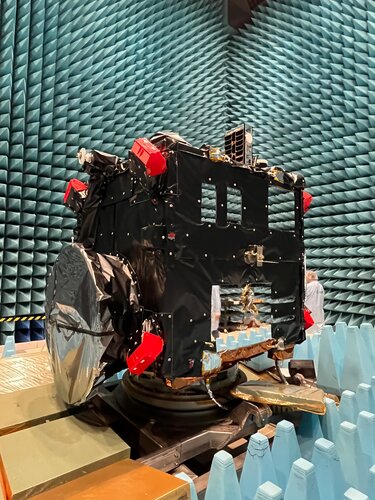 Image:
Hera plus one: enter the CubeSat
Image:
Hera plus one: enter the CubeSat 































